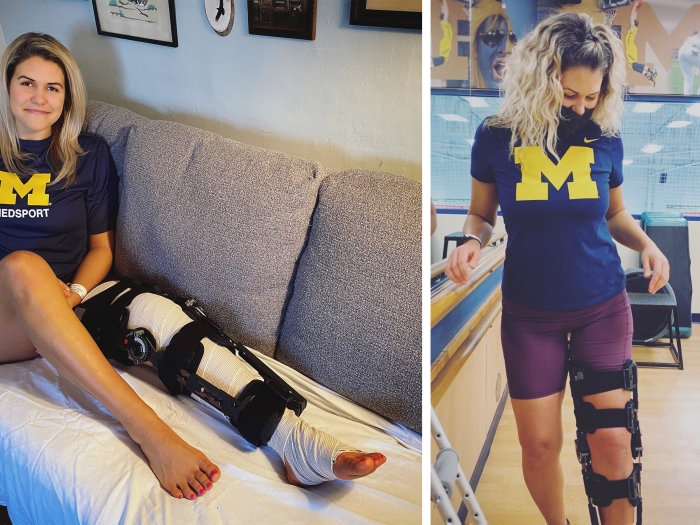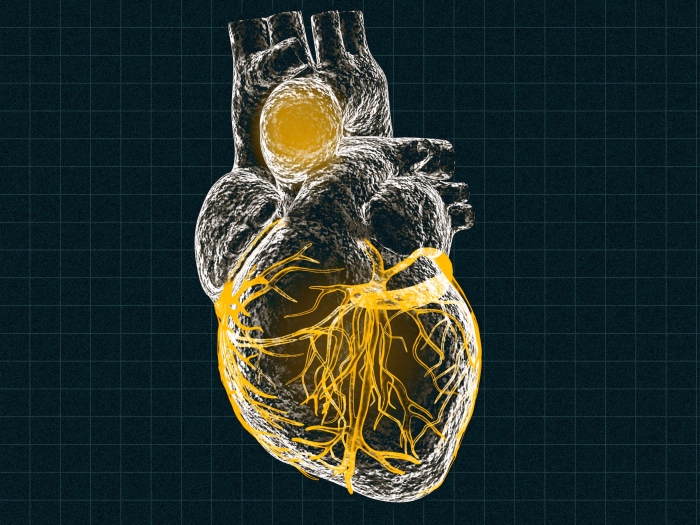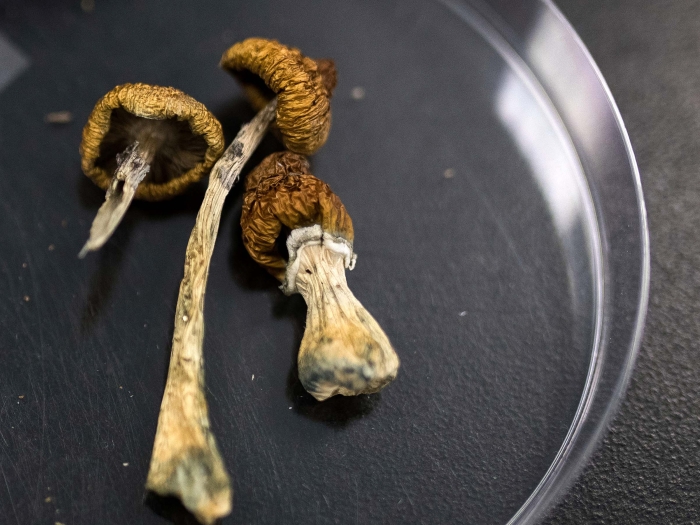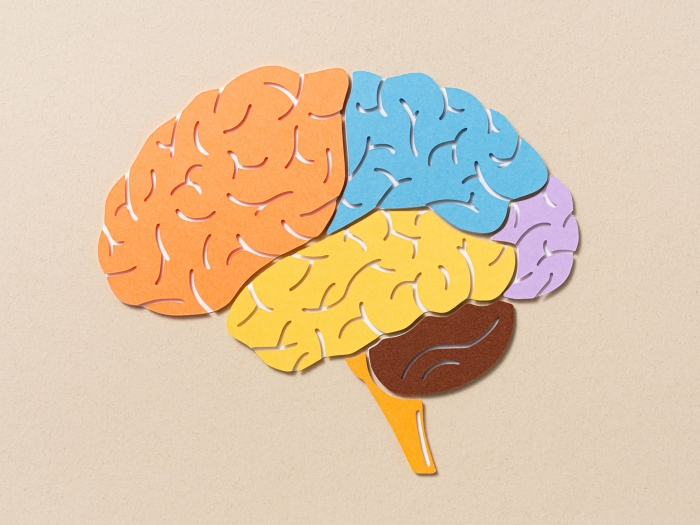PAs and U-M jointly announce agreement on a brand new three-year collective bargaining agreement
Author |
Following several months of negotiations, the newly established United Physician Assistants at Michigan Medicine / AFT Local 5297 (UPAMM) has reached a tentative agreement with the University on a three-year contract.
“Physician assistants do incredibly important work taking care of patients in every part of the health system. Our goal in these negotiations was to achieve greater equity, transparency, and respect for physician assistants,” said Jill Hasen, PA-C, the president of UPAMM.
“By working with management, we took some big strides in that direction. I think both the union the university can feel proud of what we've accomplished."
UPAMM, which represents approximately 340 PAs across Michigan Medicine and the University, was recognized by the University in June 2020. Negotiations began in September 2020.
“This agreement reflects our deep appreciation and gratitude for the hard work and dedication of our PAs, including throughout the last year as we navigated the challenges of caring for patients during a pandemic,” said David Miller, M.D., M.P.H., president of the U-M Health System. “We are very pleased to have reached an agreement following a very collaborative round of negotiations, during which both teams put in tremendous effort on developing a brand new contract.”
UPAMM will schedule a ratification vote in the coming weeks.

Department of Communication at Michigan Medicine




